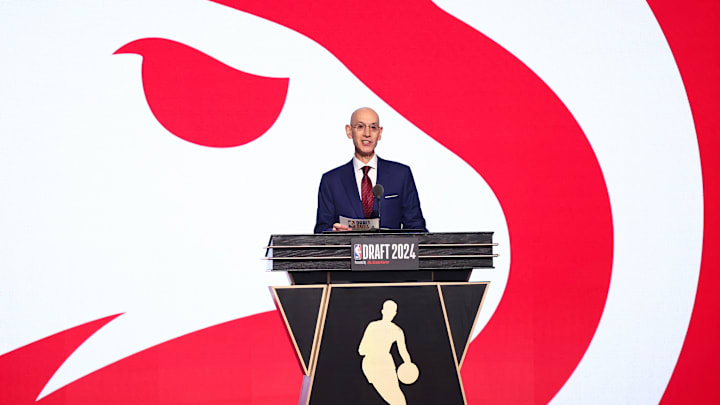The NBA is a business.
Love it or hate it, this is an absolute truth. The success of the league hinges upon its marketability - in other words, how many seats it can fill on any given night and how many clicks it can generate in online interactions (be it streaming services, social media, or otherwise).
As a result, it's no surprise that the NBA schedule takes so long to release after the conclusion of the prior season: this summer, the final schedule for each squad didn't drop until August 14th - nearly two calendar months after Game 7 of the NBA Finals.
Each teams' schedule is carefully crafted, contingent upon many parameters. These include avoiding SEGABABAs (second game of a back-to-back) that take a substantial physical toll on its players and run an elevated risk of injury, ultimately representing a revenue risk to the league. More important still is the league's schedule of nationally televised games.
As die-hard NBA fans are well aware, watching games isn't easy - especially if you're locally blacked out of the team that you're a fan of, rendering NBA League Pass useless for viewing your favorite squad. Nationally televised games represent not only an easy way for fans to watch key battles, but also significantly elevated profit opportunities for the league itself, based upon how many viewers tune in.
Atlanta received 13 nationally televised games this year, an improvement from a mere 8 last campaign. This increase isn't particularly eye-popping, but it's not the number that fans should take note of - it's when these games take place.
The Hawks are on the rise - and the league knows it.
Of their 13 nationally televised games, Atlanta has just four scheduled in their first 62 games. That leaves nine of their final 20 games being broadcast on national air. This begs the question - why would the league so obviously cluster the vast majority of such games in a minuscule window?
The answer is painfully simple - it'll earn the most revenue.
Teams that floundered in the middle of the standings the season prior often receive less attention to begin the following year, regardless of how successful the advent of their next campaign is. Given enough time, given enough success, given enough wins, however, the league is forced to take notice.
Ultimately, this 'taking notice' is what the NBA is predicting by scheduling the vast majority of critical viewing opportunities for the Hawks leading up to the playoffs - they're not only betting on Atlanta's success to become crystal clear at such a time, but also literally betting millions of dollars in viewership revenue on Atlanta emerging as a real contender.
Hawks fans should be overjoyed by such a development - if the front office of the league is predicting their success after months of meticulous research and marketing, odds are that the team is set up for success.
